Major shareholders in the International Monetary Fund (IMF) are calling on Kenya to request an official IMF assessment of corruption and governance issues in the country.
The push comes as lending has stalled following the Kenyan government’s decision to roll back $2.7 billion in tax increases, which were initially part of an economic plan underpinned by the IMF.
The cancellation of these tax hikes came after widespread public protests, which left over 50 people dead and highlighted long-standing issues of corruption and mismanagement within the government.
The halted tax measures were part of a broader economic recovery plan, and their withdrawal has led to the suspension of a $600 million disbursement from the IMF, under a program that is set to expire next year.
Western governments and diplomatic sources, speaking on the condition of anonymity, have urged Kenya to formally request a governance diagnostic from the IMF.
Such an assessment would involve a detailed examination of Kenya’s governance framework, identifying weaknesses in corruption control and offering recommendations for reform.
The IMF has been conducting governance diagnostics since 2014, assessing countries with governance challenges and providing tailored solutions to address systemic issues.
Kenya, should it agree to this proposal, would follow in the footsteps of countries like Ukraine, Sri Lanka, and Cameroon, which have undergone similar assessments.
The diagnostic process would aim to shed light on key issues such as financial mismanagement, misuse of public funds, and inefficiencies in tax collection.
It would also suggest actionable measures to plug loopholes in the system and restore financial discipline.
The protests that prompted the rollback of tax increases were largely driven by frustrations over how public resources are being used.
Many young Kenyans took to the streets, accusing political leaders of using taxpayer money to fund lavish lifestyles, while the average citizen struggles with rising living costs and limited opportunities.
This public outcry underscores the need for greater transparency and accountability in the Kenyan government’s financial practices.
Finance Minister John Mbadi has acknowledged the fiscal challenges facing the country and hinted that some of the scrapped tax measures may be reinstated in the near future.
However, he has also indicated that the government will seek input from the public before introducing any new revenue-generating legislation.
Diplomatic sources stress that before the IMF considers further disbursements, the government will need to present a credible plan for addressing the fiscal deficit, which has been exacerbated by the ongoing challenges.
The potential for an IMF-led governance diagnostic represents an opportunity for Kenya to not only restore investor confidence but also address some of the deeper structural issues that have hindered its economic development.
However, such a process requires the Kenyan government’s willingness to invite external scrutiny and implement necessary reforms a step that would demonstrate a serious commitment to tackling corruption and fostering good governance.
With the IMF’s support contingent on these measures, the coming months will be crucial in determining whether Kenya can realign its financial strategy and move towards a more transparent and accountable system of governance.


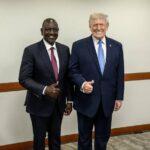

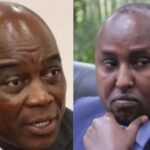


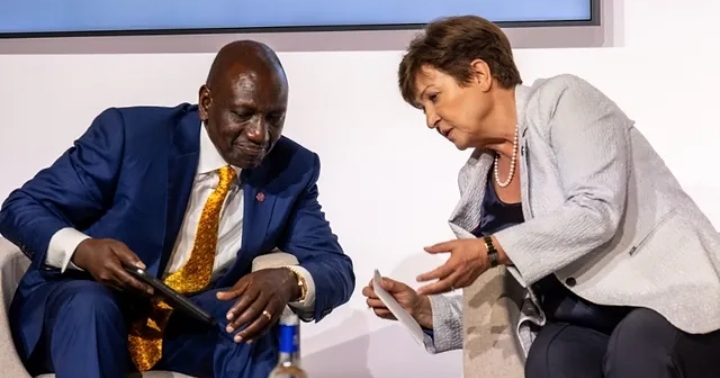

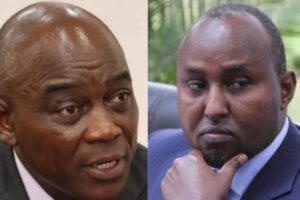


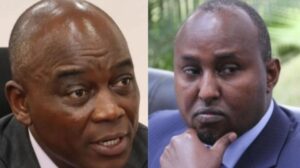



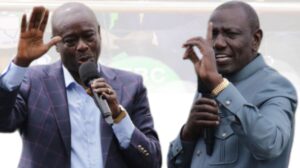


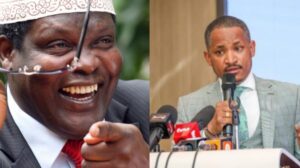

Add Comment